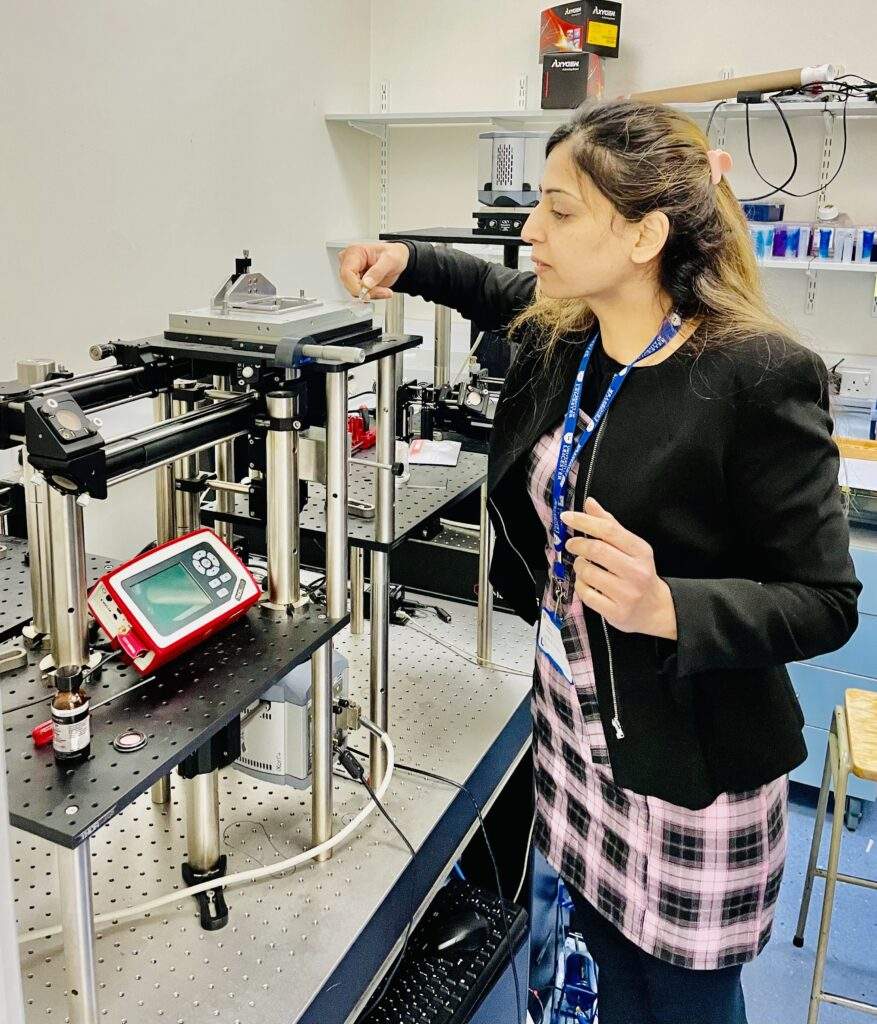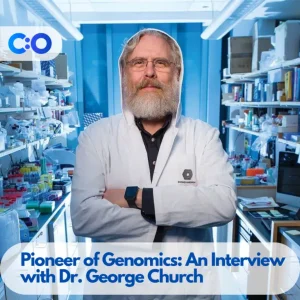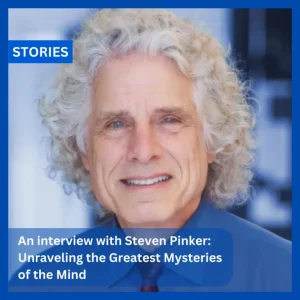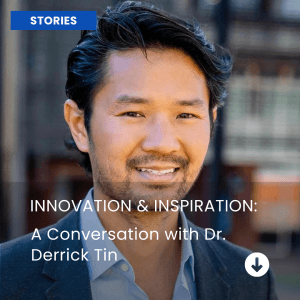

Hello! My name is Sumera Tubasum and I am a scientist by profession. I’m working at the University of Leicester, UK. My research project is exclusively based on single-molecule spectroscopy. My role is to investigate RNA Splicing via RNA protein interactions using microscopic imaging techniques.
During my undergraduate degree, I studied botany, zoology, and chemistry. My Master’s degree was in applied and environmental chemistry. I then enrolled in a PhD in chemical physics.
I applied for this postdoctoral role because there are not many bio-physicists and my projects bridged the gap between medical biology and physics. When I was looking for this position more than two years ago, I found that there were very few labs combining biology, imaging, and optical physics, so it was the project of my choice as it combined my research background and expertise. In this position, I can combine my love for biology, imaging, physics, and data analysis; a vital skill set for this project. This project is based in the UK, which is not far from Sweden which is where I am from. Another reason I chose this position was due to it being 5-years, this gives me plenty of time to implement my own ideas and bring some innovation to the projects. Most postdoctoral research projects are only two years. These are the reasons I chose this role.
I thought my current postdoctoral position would be similar to my previous experiences but it was a bit more on the molecular biology side. First few months, I spent a lot of time training in protein expressions, transcriptions, protein assays. Previously, I learned several optical techniques through building and configuring the fluorescent microscopes and through optical alignment. I think these practical experiences will be useful in the future when I have my own group
When I took this project, I thought that most of the time I would be using optic techniques and that I would be doing microscopic measurements and data analysis. But when I started, I realized that the project was more than 50% molecular biology, which I really enjoyed in my first year. I have been in this lab for almost one and a half years now.
My PI is a very good teacher. He is very patient with beginners. He gave me plenty of time to learn and helped me with a lot of the techniques in the fields of single-molecule spectroscopy, including co-localization imaging. I also learned techniques in molecular biology associated with RNA splicing and nuclear transcription.
Using these techniques, I study the splicing part of the life-cycle of messenger RNA (mRNA). This is where precursor mRNA removes the intron regions; these are unwanted regions of RNA. After this, the coding regions or exons are joined together. It’s important to study this process as serious consequences can occur if there is any alteration to this process as conditions such as Spinal Muscular Atrophy Disease can result. I hope that the experiments I do on the bench will be useful for future clinical sciences and therapeutic studies.
These days there are so many resources available online. If people want to enter my field at a PhD level, they can still find a lot of information about what they’re interested in. For example, if someone wants to do studies using Python, there’s plenty of online content available on YouTube and Coursera. Then after enabling home and self study, if someone wants to join a specific group like my PI group for example, then they can have a look at their recent publications.
The project is going well, I hope to have two or three publications as a result with plenty of findings to report and present at conferences and seminars. My future intentions are to remain in the same field that I am currently in and have my own independent group and continue my research at a senior researcher level. I hope to continue using techniques such as fluorescence microscopy imaging to study biological and energy transfer mechanisms.
I hope that in better understanding RNA splicing and that we can use these findings for gene therapy in the future and help people with Spinal Muscular Atrophy Disease and other related conditions.
I learned quite a few new techniques, each of which came across as a new kind of challenge which I dealt with in different ways. Firstly, for the techniques I didn’t know, I think it was a determination that I wanted to learn that drove me. The second was that I wanted to have some results. If I didn’t get the results I expected, however, it was okay, whatever results I had, these were the right results for me.
I’m a researcher by profession and have been for a long time. I don’t come to the lab every day to repeat the same experiment. I’m in the lab to do something new, so I should expect some new challenges coming along with new sets of experiments. I should not expect that it will work on the first day. This is my mindset.
I‘m a scientist, but I’m also a mother. I have two toddlers, one is five years old and the other is four years old. If you asked maybe a male scientist then you’ll get a totally different answer, but being a female and being a mom to two toddlers is different. So the first thing in the morning is to get them ready for daycare and school. Then I can focus on my work. I’m a night person instead of a morning person so I focus more at night-time when the kids are asleep.
I plan what I’m going to do in the lab the night before because when I’m away from the lab, my mind for planning and the tasks works better than when I’m in the lab.
A typical day in the research lab includes a lot of experimentation. We have our weekly schedule, Monday begins with our office meeting where everybody gives a brief overview of what they have been doing in the previous week, what we are planning for the upcoming week, and if something went wrong or if we need to order anything. It is really very productive; if for some reason I miss my Monday meeting, I totally lose what I was doing the previous week and what I’m going to do the next week.
I also get the chance to demonstrate to the undergraduate students as a volunteer demonstrator and help the other professors. At the moment, we have our collaboration going on with two other universities which are located in Scotland.
When our lab work is over, we attend departmental seminars which I find very useful. You find out what others are doing in your field area, not just what is happening within your group. We also have a big group meeting once a month where we present what we had been doing from the previous months. Unfortunately due to the pandemic, these meetings haven’t been happening face to face and it’s not great for my socialization. Before the pandemic, I was working somewhere else and we used to have tea breaks and lunch altogether. Those things have not been happening for the last couple of years.

Dr Tubsam hard at work in the optics lab
For meeting purposes we use Microsoft Teams and Zoom, these two programs are considered “official” by the university. Microsoft Teams is used for departmental seminars but lab groups tend to use Zoom. Day-to-day I use Microsoft Office and Outlook Express for emails. For my work, I use Python and Snapgene.
I get a lot of materials from my PI, mostly on the RNA splicing at the moment. He shares new articles, research papers, or new things that have been recently published. As I mentioned, due to the pandemic, there have not been many workshops and conferences. Everything is online but it’s not very interactive, especially at international conferences. It’s not very interactive compared to participating in a conference and looking at posters onsite.
There’s a textbook that I consider to be my Bible, it’s called “Introduction to Fluorescence Spectroscopy“. I think the first version came out in the late 1990s or early 2000s. Every time I have a problem or some free time, I open that book up and read to refresh myself about the basic concepts of spectroscopy. When I have to prepare my presentations and slides, it can be stressful, the clock is ticking and I am not ready so I listen to me my music to keep me awake and energetic.
My advice depends on the person’s starting level. Are they going to start their PhD or have they finished their PhD?
So if they’re looking for their PhD, my advice is to try for a good university that is ranked among the top hundred, why not? Find a group with a PI that has recently published a high-impact paper in a high-impact journal. This is a good place for a student to start. There are a lot of challenges if a PhD student picks a lab with a PI that has just launched their project and lab as especially in academic research, the number of publications matters.
When looking for a postdoctoral position post-PhD, they’ll interview you and they will come to know how much work you have done. For example in some labs, one PhD student can have something like 16 publications to their name but have perhaps only contributed a small amount to each paper. During your first doctoral interview, they will find out how much you have actually done, though, having a number of publications is still good.
Another piece of advice I have is to start looking for a fellowship and grant opportunities during the last years of your PhD. Once you are in a postdoc, you get busy, and you will not have time. There are plenty of organizations that cover early career costs, but you can no longer be eligible if your PhD is three or four years old. I think that is useful advice for independent researchers.






DISCLAIMER: ConductScience and affiliate products are NOT designed for human consumption, testing, or clinical utilization. They are designed for pre-clinical utilization only. Customers purchasing apparatus for the purposes of scientific research or veterinary care affirm adherence to applicable regulatory bodies for the country in which their research or care is conducted.